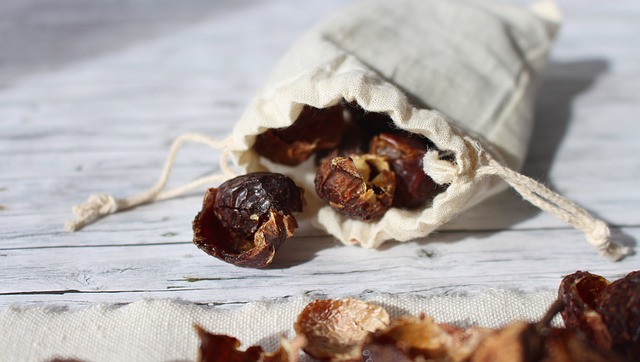You are in a supermarket, walking between the shelves with your shopping basket. You already have the items on the list you wrote at home. The buckwheat may still be useful. One is wrapped in plastic and the other in paper, both apparently grown in Ukraine. Since the paper-wrapped buckwheat is a bit more expensive, you opt for the second option. The question is, is this correct? Landfills and oceans are full of materials that are not degradable and often end up in the digestive tracts of unsuspecting animals. We need to start thinking differently and change our lifestyles.

What is zero-waste
?
In nature, all resources are reused naturally, but only humans leave traces that significantly disrupt the natural workings of the ecosystem and will be left behind for hundreds of years to come. The vision of zero-waste is a life without packaging, which in practice is quite difficult to achieve 100%. But at least we must reflect on it. Can you imagine reducing the amount of unnecessary stuff we throw in the trash in the long run? For example, is it really necessary to buy food in plastic boxes? Do we need to buy a new plastic bag every time we go shopping, or would we rather carry our own canvas bag? You can take it to Bezoval in Prague.

Hrančanská, Bělehradská, Flořák
.
You will not find boxed products here. Instead, there are large jars on the shelves where you can have flour, couscous, rice, lentils, and other similar ingredients weighed into your own cloth bags or jars. You can bring your own or choose what the previous customer brought. They donated them because they were no longer needed. Seems more sustainable than bottles going into glass containers, don\’t you think? We can all do what we can. Next time you ride the subway, bypass the supermarket and stop by the No Packaging chain\’s newly opened Frojak store.